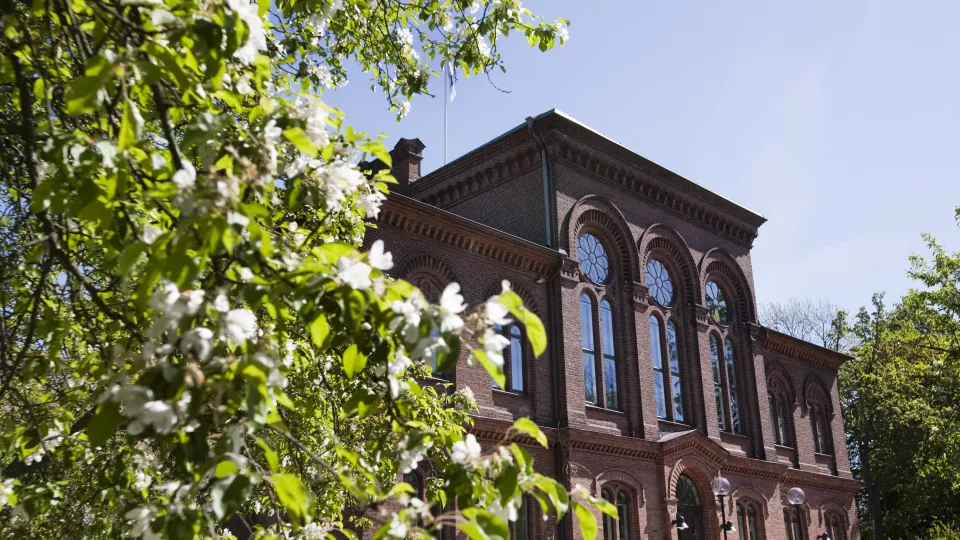These ASGs will pursue interdisciplinary research ideas within
- Oaths and Courts – from Forum to the Future;
- Neobiogenesis: The Inevitability of Life;
- Next Generation Healthscapes: Interdisciplinary Approaches to Care Facilities of the Future.
We will also welcome a fifth Theme at the Pufendorf IAS this autumn: DigiJustice. Coordinators are Miranda Kajtazi (Lund University School of Economics and Management, LUSEM) and Lena Halldenius (The Joint Faculties of Humanity and Theology).
Curious about the other four Pufendorf IAS Themes? We announced them earlier this spring:
Read the news article "Four New Themes during 2024-2025" from 11 April 2024
We are looking forward to the next academic year with these eight groups in the house.
More about the Advanced Study Groups 2024-2025
ASG Oaths and Courts – from Forum to the Future
This ASG centres around the two keywords “Oaths” and “Courts”, and the interaction between them. The independence and impartiality of judges, and the ambition to find the truth through judicial proceedings, have been defined by different types of oaths from Antiquity and onwards. In the ASG, we would like to deepen our understanding of oaths and their importance for truth-finding and the independence and impartiality of judges from different aspects. Through a collaborative effort, we will analyse the substantive content of the oaths and discuss what the standards of independence and impartiality mean when AI becomes part of decision-making.
Coordinator is Martin Sunnqvist (Faculty of Law)
ASG Neobiogenesis: The Inevitability of Life
How the earliest forms of life arose on Earth is one of the great unanswered scientific questions. The fundamental question is in what ways and under what circumstances a collection of inanimate matter can be transformed into something that can be considered alive. One hypothesis is that the transition from lifeless to living matter is not a unique event, but in fact occurs spontaneously in systems of chemical and physical processes. The goal of this Advanced Study Group is to formulate and observe general, fundamental principles in this transition from "dead" to "alive", which would give us a deeper understanding of how life can arise in different environments.
Coordinator is Hanna Wacklin-Knecht (Faculty of Engineering)
ASG Next Generation Healthscapes: Novel Interdisciplinary Approaches to Care Facilities of the Future
A significant number of healthcare facilities are rapidly reaching the end of their lifespan. Consequently, there is a wave of ongoing and planned processes for future hospital construction. Traditionally, the assessment of healthcare facilities has focused on processes, management, and technical aspects, while patients and staff outcomes have been limited to single perspectives, such as clinical results and cost benefit analysis. To navigate the complex landscape of future healthcare delivery, it is both critical and urgent to adopt a more comprehensive, interdisciplinary approach that combines perspectives and focuses on compassion as an imperative for, and integral aspect of, future healthscapes.
Coordinator is Henrik Loodin (Faculty of Social Sciences)


